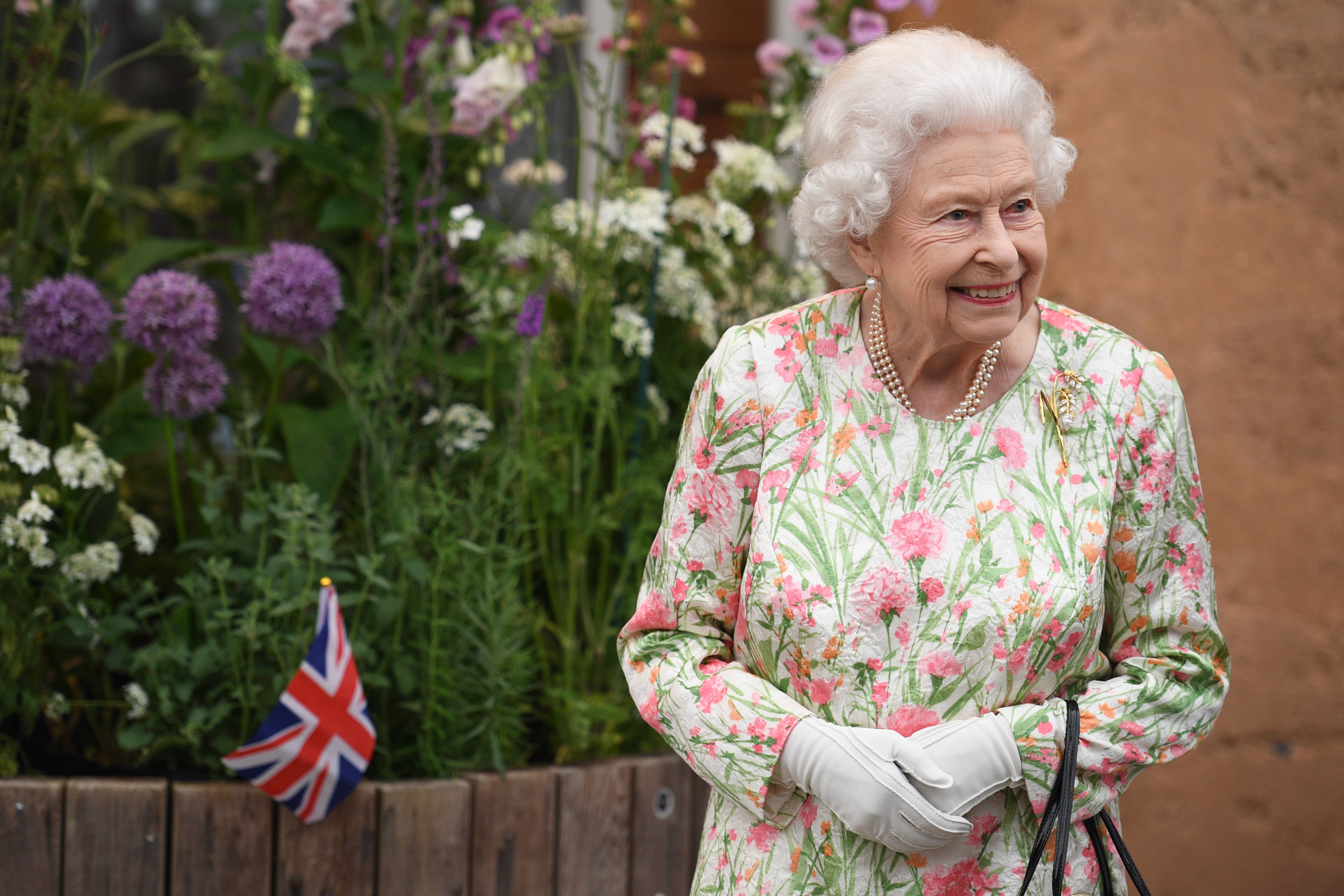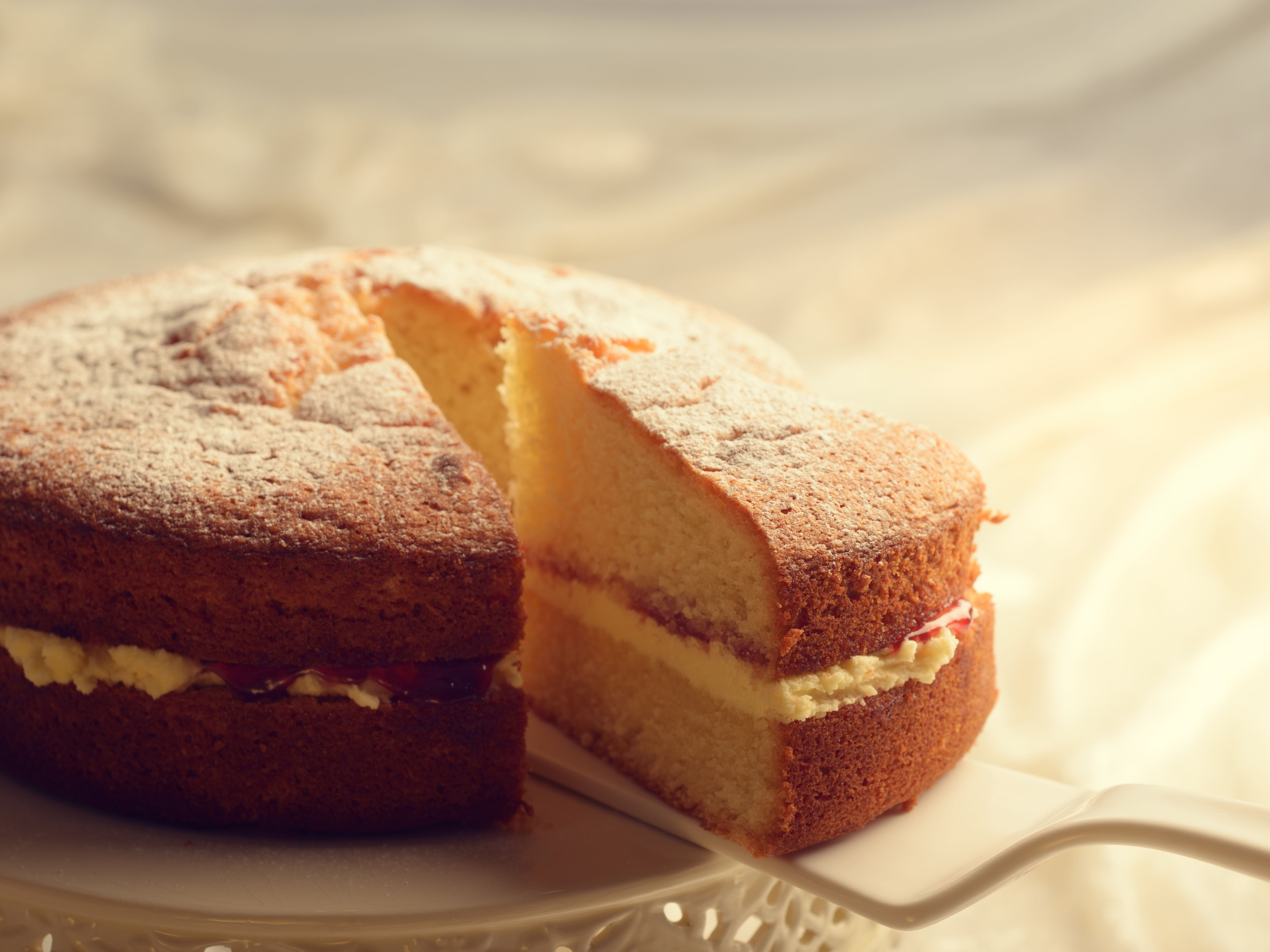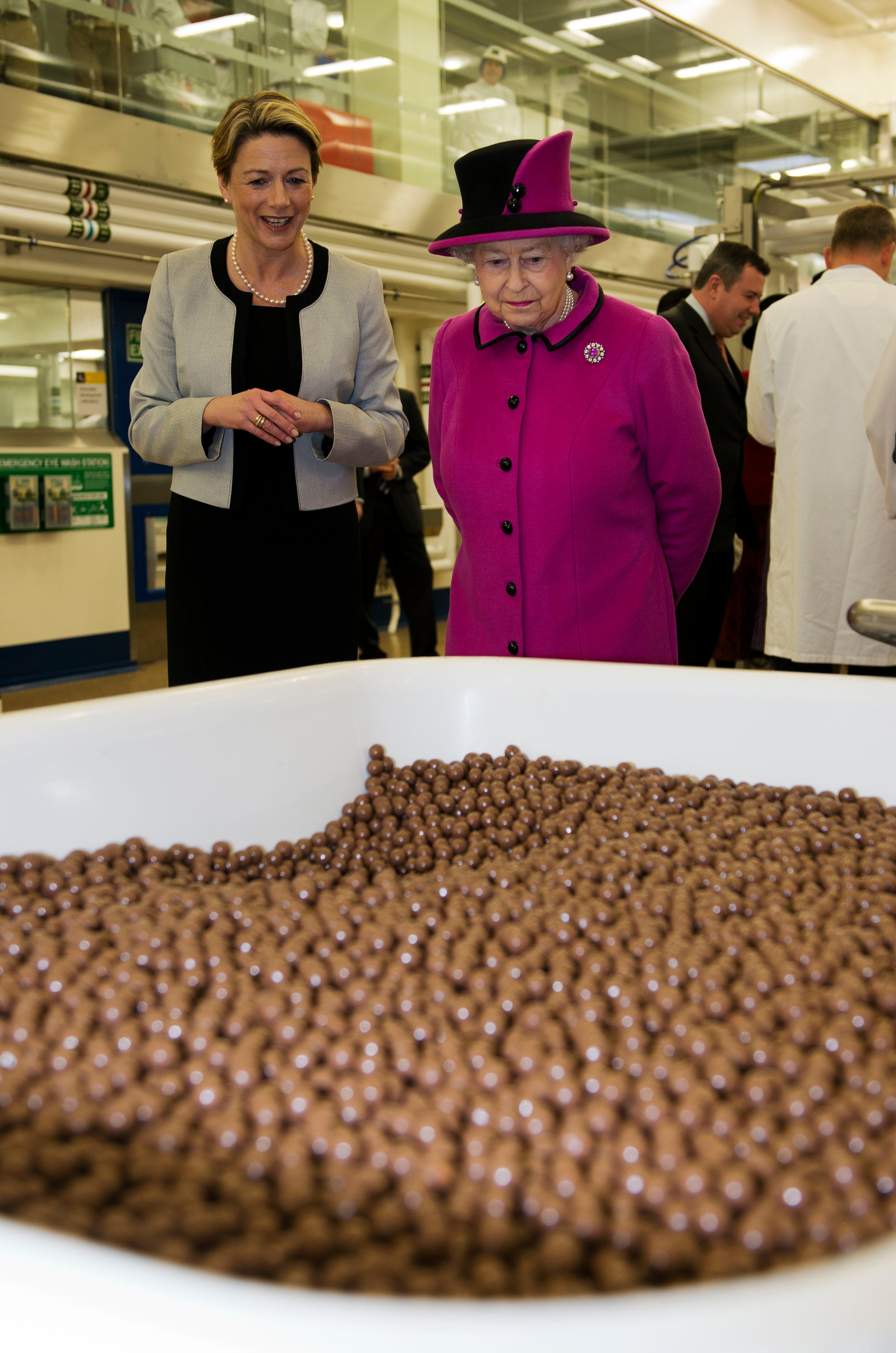The official jubilee cookbook is a guide to gastrodiplomacy
Prudence Wade chats to diplomat and foodie Ameer Kotecha, who has collated recipes from British embassies all over the world to celebrate 70 years of the Queen’s reign

Your support helps us to tell the story
From reproductive rights to climate change to Big Tech, The Independent is on the ground when the story is developing. Whether it's investigating the financials of Elon Musk's pro-Trump PAC or producing our latest documentary, 'The A Word', which shines a light on the American women fighting for reproductive rights, we know how important it is to parse out the facts from the messaging.
At such a critical moment in US history, we need reporters on the ground. Your donation allows us to keep sending journalists to speak to both sides of the story.
The Independent is trusted by Americans across the entire political spectrum. And unlike many other quality news outlets, we choose not to lock Americans out of our reporting and analysis with paywalls. We believe quality journalism should be available to everyone, paid for by those who can afford it.
Your support makes all the difference.Food is so much more than just nourishment – it can be an expression of your culture, among other things, and a powerful diplomatic tool.
Few people know this better than Ameer Kotecha, a junior diplomat who has written a palace-approved Platinum Jubilee Cookbook to honour 70 years of the Queen’s reign.
Kotecha has a background in food – he “briefly flirted with the idea of being a professional chef” before becoming a diplomat, working in Raymond Blanc’s Oxfordshire restaurant and running a pop-up eatery.
“I’ve always had an interest in food, and I’ve been trying for a long time to find a way to bring food and diplomacy together,” he explains – and that’s exactly what Kotecha’s done in The Platinum Jubilee Cookbook. Rather than a run-down on what the Queen likes to eat (although there are nuggets of that), it’s a selection of recipes from British embassies all over the world – like a “Foreign Office recipe collection”, he says.

“In some cases, it’s proudly British foods – like victoria sponge with a union jack sticking out of it. But in other cases, it’s properly authentic local food, because it’s a way of showing respect and appreciation for the local country the British diplomats find themselves in.
“And then sometimes it’s a fusion of the two – some of my favourite recipes from the collection are the fusion dishes. Things like the rendang beef Wellington – which is actually something that was served to Prince Charles and Camilla. That’s where Malaysia’s most famous dish, a beef rendang, meets a British beef Wellington.”
Kotecha is a big fan of the term “gastrodiplomacy” and has seen it in action on postings to New York, west Africa and Hong Kong. When British embassies are trying to “bring negotiating partners around a table to thrash out a difficult issue… whether it’s trying to sit down with the French to talk through a policy issue, whether it’s sitting down with the Iranians, or the Russians – so often the way we bring those parties together is by inviting them for a meal,” he explains.
“To get to the negotiating table, often we start with the dinner table” – and this is where gastrodiplomacy can come into play.

“If you invite someone to have lunch or dinner and you do the softer side of diplomacy – it’s amazing how much more progress you can make. It’s almost like winning hearts and minds through people’s stomachs – it’s very powerful as a tool.
“I’m not saying we can overcome all of our differences with the Russians by simply having a good meal,” Kotecha adds. “But if you share a meal with someone, if you break bread, there is a goodwill that you establish from the outset”.
Food can act like “a universal language”, he says – even though we all have different tastes and cuisines. And as a diplomat: “If you want to understand the culture, the best way of doing that is by eating their food.”

Research for the book saw Kotecha speaking to British embassies all over the world, discovering the dishes they cook and their experiences with food. This unearthed more than a few quirky stories – one of his favourites is about a British ambassador in the US, Sir Oliver Franks, who was asked by a radio station in 1948 what he wanted on his Christmas wish list, and after giving his answer, he listened to the programme a few days later.
“The presenter said, ‘We’ve spoken to a few leading ambassadors in Washington, and asked them what they want for Christmas’,” Kotecha tells me. “The French ambassador said he wanted peace on earth and harmony between nations, the Russian ambassador said he wanted peace in the Middle East and prosperity for all… And the British ambassador said a small box of candied fruit would be absolutely lovely.”
Kotecha’s research also got him thinking about how food has changed over the Queen’s reign. “There’s no denying 70 years ago – even less, maybe 20, 30 years ago – British food was, maybe not a laughing stock around the world, but pretty close to that,” he considers. “People thought British food was stodgy and bland, so it definitely wasn’t anything you would put in our top national selling points.
“But actually, there’s been a huge change. Some foreigners in some countries still scorn British food, but actually British produce is really celebrated around the world now” – citing products such as Scotch whisky, Scottish salmon, Welsh lamb and English gins. The other thing that’s boosted British food? “What we eat is becoming increasingly multicultural,” Kotecha suggests.
One thing Kotecha didn’t learn a lot about was the Queen’s relationship with food. While she’s well-documented to love chocolate and mangoes, Kotecha says: “You’d be unsurprised to hear the palace are very cagey about sharing details of the Queen’s dietary preferences.”
One thing he does note is her “humble” taste. He says: “The Queen Mother was known to like these quite extravagant, retro dishes like eggs drumkilbo [a cold appetiser of eggs and lobster], which apparently she used to eat five times a week or something like that, but the current Queen has surprisingly humble tastes.”
‘The Platinum Jubilee Cookbook’ by Ameer Kotecha (published by Jon Croft Editions, £30; photography by David Loftus), available 28 April
Join our commenting forum
Join thought-provoking conversations, follow other Independent readers and see their replies
Comments